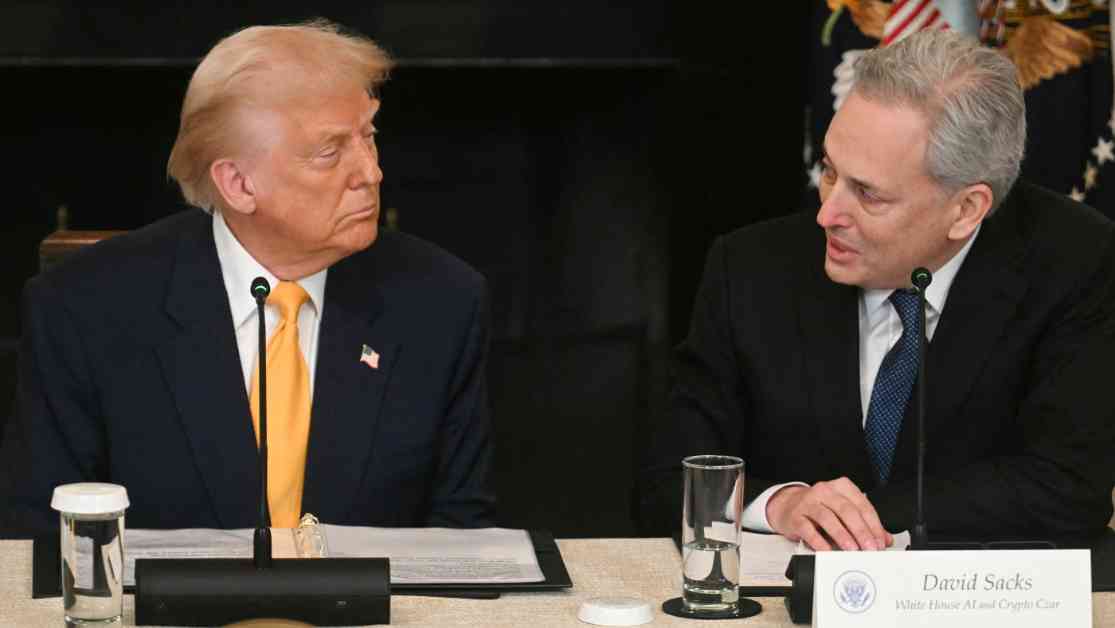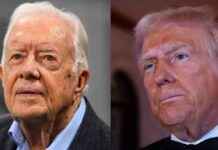President Trump, known for his controversial policies and bold statements, took a surprising turn by hosting a summit at the White House dedicated to the cryptocurrency industry. The event, held on a Friday, marked a significant shift in the administration’s stance on digital assets, setting the stage for a new era of engagement and support for the crypto community.
The summit followed President Trump’s signing of an executive order to establish a cryptocurrency strategic reserve, a move that garnered attention and speculation within the industry. The order outlined plans to house around 200,000 bitcoins, valued at a staggering $17 billion, which were reportedly seized from court proceedings. Trump’s statement, “America will follow the rule that every bitcoin [holder] knows very well: never sell your bitcoin,” echoed the sentiment of many crypto enthusiasts.
A New Digital Frontier
The creation of this strategic reserve, described as a “digital Fort Knox” by White House AI and crypto czar David Sacks, signified a departure from the previous approach of selling off seized bitcoins. The shift in strategy, coupled with Trump’s personal involvement in the crypto industry through his business ventures, highlighted a newfound enthusiasm for cryptocurrency within the administration.
During the summit, attended by prominent figures such as Commerce Secretary Howard Lutnick and the Winklevoss twins, founders of the Gemini crypto exchange, Trump emphasized the need for a regulatory framework around cryptocurrency. He commended legislative efforts to streamline regulations and expressed hope that relevant legislation would reach his desk before the August recess. This proactive approach indicated a willingness to embrace innovation and economic growth in the financial sector.
A Call for Collaboration
While Trump’s administration has been critical of previous enforcement measures against cryptocurrency, recent developments have shown a shift towards a more supportive stance. Rolling back investigations and lawsuits against crypto businesses, along with the Senate’s decision to eliminate burdensome reporting requirements for the industry, signaled a desire for collaboration and dialogue.
Campbell Harvey, a finance professor at Duke University, emphasized the importance of creating a conducive regulatory environment for cryptocurrency. He noted that the previous adversarial approach towards innovators in the field needed to be reevaluated in light of the potential benefits and costs associated with this emerging technology. The summit, viewed as a stepping stone towards regulatory clarity, underscored the need for a balanced and informed approach to governing digital assets.
As the crypto industry continues to evolve and expand, the White House summit served as a pivotal moment in shaping the future of cryptocurrency regulation in the United States. President Trump’s unexpected endorsement and strategic initiatives signaled a new era of engagement and collaboration between the government and the crypto community. Whether this newfound support will lead to lasting changes remains to be seen, but one thing is certain—the landscape of digital assets is undergoing a transformation, and policymakers are taking notice.



















